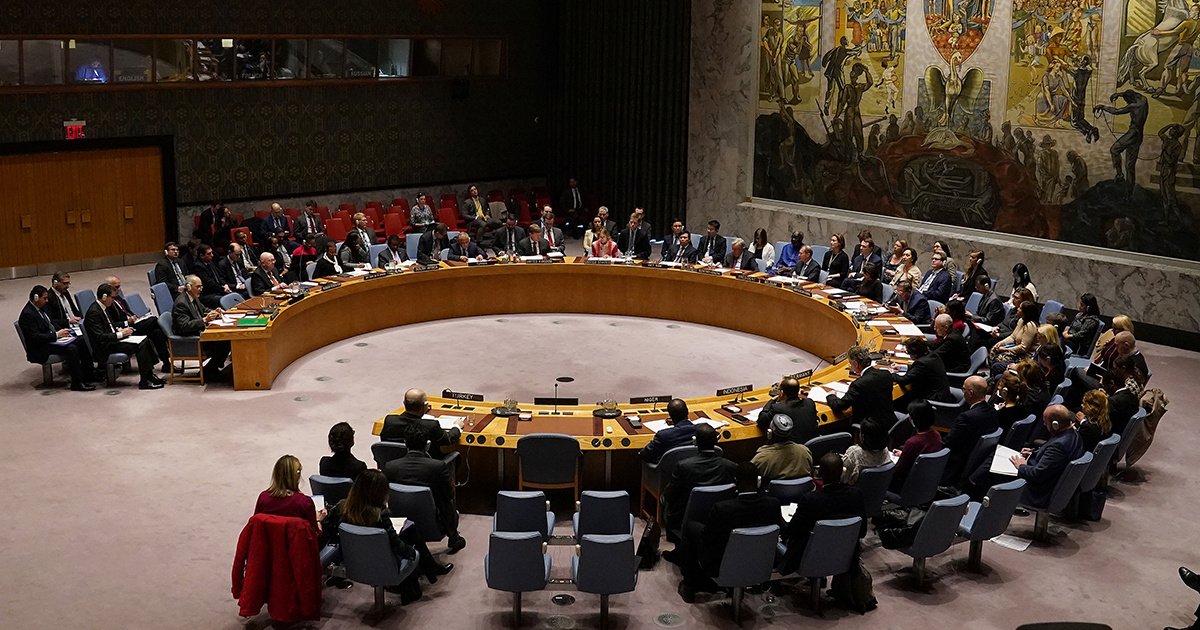According to a United Nations report released, the pandemic pushed 77 million additional people into severe poverty last year, and many developing nations are unable to recover due to the heavy cost of loan repayments — and that was before the extra burden of the crisis in Ukraine.
Buy Prime Test Series for all Banking, SSC, Insurance & other exams
Key Points:
- According to the research, rich countries might use historic amounts of money borrowed at ultra-low interest rates to help them recover from epidemic slumps.
- The poorest countries, on the other hand, spent billions of dollars servicing their debts and faced considerably higher borrowing costs, prohibiting them from investing in education and health care, environmental protection, and inequality reduction.
UN Report:
- According to the United Nations, 812 million people lived in severe poverty on $1.90 per day or less in 2019, and by 2021, the figure had climbed to 889 million due to the pandemic.
- The report focuses on funding to accomplish the United Nations’ 2030 development goals, which include eradicating poverty, providing high-quality education to all young people, and attaining gender equality.
Ukraine-Russia War Global Impact:
- The war in Ukraine has had a global impact. According to a United Nations report, the war in Ukraine has put 1.7 billion people at risk of rising food, energy, and fertiliser costs.
- Even after absorbing the impact of Russia’s war in Ukraine, the analysis projects that GDP per capita in 20% of developing countries will not return to pre-2019 levels by the end of 2023.
- According to the report, the poorest developing countries pay 14 percent of their revenue in debt interest, with many being compelled to cut budgets for education, infrastructure, and capital spending as a result of the pandemic.
- It claims that rich developed countries pay merely 3.5 percent.
- According to the research, the war in Ukraine will worsen these issues, as well as bring higher energy and commodity prices, additional supply chain disruptions, greater inflation, poorer growth, and heightened financial market volatility.
- The report makes several recommendations, including accelerating debt relief and expanding eligibility to highly indebted middle-income countries, aligning the international tax system to address issues like inequity in the availability of coronavirus vaccines and access to medical products, increasing investment in sustainable energy, and improving information sharing.
- The United Nations Department of Economic and Social Affairs collaborated on the report with over 60 international organisations, including the United Nations system and international financial institutions.




 Which Country is known as the Plastic Pr...
Which Country is known as the Plastic Pr...
 ‘Boong’ Puts India on the Map with First...
‘Boong’ Puts India on the Map with First...
 Central Excise Day 2026: Why 24 February...
Central Excise Day 2026: Why 24 February...








